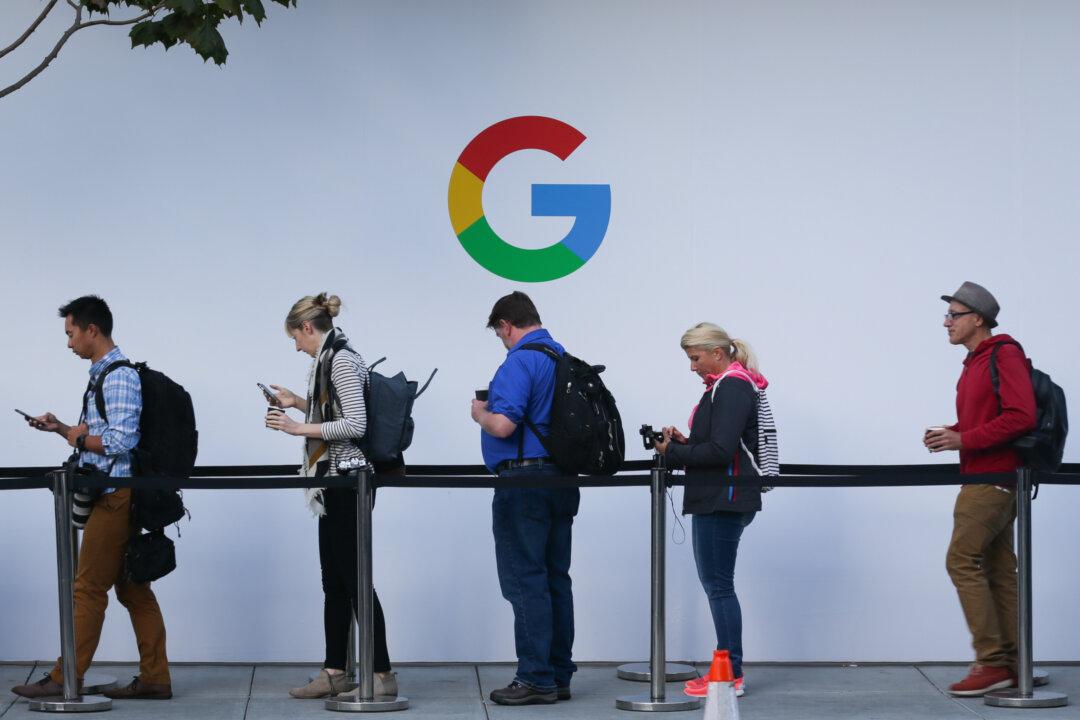Following its acrimonious battle with Google and Facebook over media payment laws, the Australian regulator is now targeting the dominance of Google’s search engine and web browser services.
The Australian Competition and Consumer Commission (ACCC) is seeking submissions from stakeholders, including consumers and industry participants, to examine the possibility of mandating “choice screens” in all new smartphones, tablets, and laptops.





